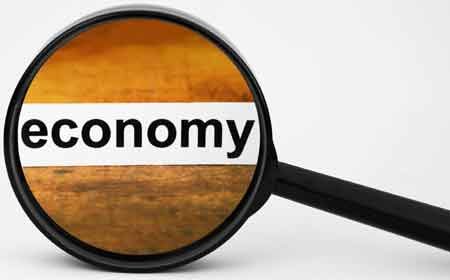BANK OF ENGLAND EXPECTS INFLATION TO KEEP FALLING
Published by Gbaf News
Posted on November 13, 2014
1 min readLast updated: January 22, 2026

Published by Gbaf News
Posted on November 13, 2014
1 min readLast updated: January 22, 2026

LONDON (AP) – Bank of England Governor Mark Carney says inflation is “more likely than not” to continue to fall below one percent in the next six months and that growth will be slightly weaker due to a global slowdown.
As he released a quarterly report on the country’s economy, Carney said Wednesday that growth expectations for next year have been trimmed from 3 percent to 2.9 percent due to weaker activity in Europe and China.
But demand in Britain remains robust, supported by easier credit conditions and stronger confidence. Another plus is that unemployment is down, reaching 6 percent in the three months to August.
The bank maintained its guidance that future interest rate increases will depend on economic growth, and that when the bank raises rates, it will do so gradually.
Explore more articles in the Investing category











